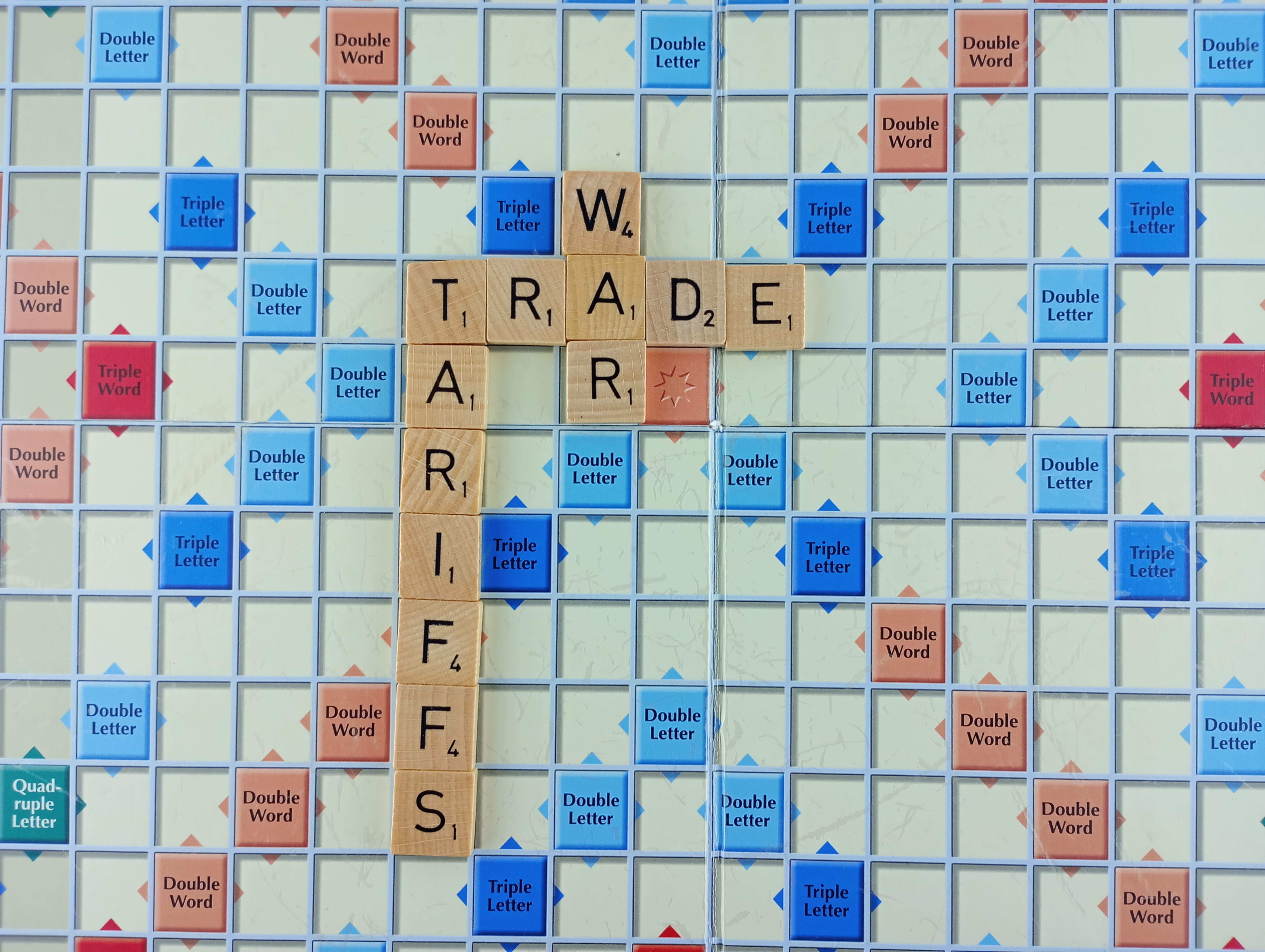
The conventional retirement playbook tells us to hunker down and protect our nest egg during times of economic uncertainty.
But what if the current wave of trade tensions and policy shifts actually signals the need for a more dynamic approach to securing our financial future?
As Quentin Fottrell recently reported in MoneyWatch, Donald Trump’s tariff talk has created significant market turbulence, with threatened levies of 25% on imports from Canada and Mexico, 10% on energy products from Canada, and additional tariffs on Chinese imports.
These aren’t just abstract policy decisions. They’re reshaping the economic landscape that Generation X needs to navigate as we approach traditional retirement age.
Understanding the Real Impact
The implications of these trade policies run deeper than simple market volatility.
“Tariffs — and, in particular, a trade war — can have severe implications for the price of goods, consumer demand and, as a result, economic growth,” Fottrell notes in his analysis. These aren’t just temporary disruptions; they’re potentially reshaping the fundamental dynamics of our economy.
As a serial entrepreneur, I’ve learned that economic uncertainty often creates opportunities for those willing to think differently about income and wealth creation. But first you have to manage the fear of change and even upheaval.
While traditional retirement accounts remain important, they shouldn’t be our only strategy for navigating an increasingly unpredictable economic landscape. We’re the generation that will reinvent retirement, because we have to.
Beyond Traditional Retirement Planning
The current situation adds to the many reasons why depending solely on market-based retirement strategies might be insufficient. We already know that increased longevity puts us in the very real position of outliving our retirement savings.
Fottrell points out that the average 401(k) balance for someone aged 50-54 is just $201,400. And it gets much worse once you remove the well-off Gen Xers in that age range, as the median amount of retirement savings is only $10,000.
Even those ahead of the curve with $500,000 saved may find themselves vulnerable to the kind of economic upheaval that trade wars can trigger. As we’ve discussed, those who have “just enough” under the old retirement paradigm are in the scariest position for outliving their money.
But there’s also opportunity. In an era where global trade relationships are being redefined, professionals with expertise in navigating international markets and building borderless businesses have unprecedented advantages.
In other words, the same forces creating market uncertainty also enable new possibilities for those willing to leverage their skills globally. I call this the “Untourist” opportunity, and we’ll discuss it soon in upcoming issues of Further (subscribe here).
Creating Your Economic Shield
The truth about modern retirement planning is that it shouldn’t focus solely on preservation—it should emphasize creation and adaptability.
While traditional advice emphasizes focusing on what you can control, like 401(k) contributions and debt management, I’d argue that the list should expand to include building independent income streams that can weather economic storms.
The Federal Reserve’s approach to these challenges is telling. As Fottrell points out, “Fed officials are not playwrights. In fact, they are often trying to avoid giving us a clear message we can take home and parse apart over the coming weeks and months.”
This institutional ambiguity means we need to take more direct control of our financial futures.
Weathering the Trump Turbulance
Starting a location-independent business isn’t just about creating additional income—it’s about building resilience against economic uncertainty.
Whether it’s international consulting, digital product creation, or global e-commerce, the key is developing income streams that aren’t tied to any single economy or market.
The best part?
You can begin this transition while maintaining your current position. Start small, leverage your existing expertise, and gradually build a business that can operate from anywhere.
This approach provides both additional revenue streams and the freedom to adapt to changing economic conditions. And that’s whether those changes come from trade policies, interest rate shifts, or other market forces.
Remember, the goal isn’t to replace your retirement savings but to complement it with active income that you control. This hybrid approach offers both financial security and personal fulfillment, which is increasingly valuable in uncertain economic times.
The current trade tensions and policy shifts may be concerning, but they also signal an opportunity to rethink our approach to retirement security. Your experience and expertise are assets that no trade war can diminish, and it’s time to leverage them on your own terms.
